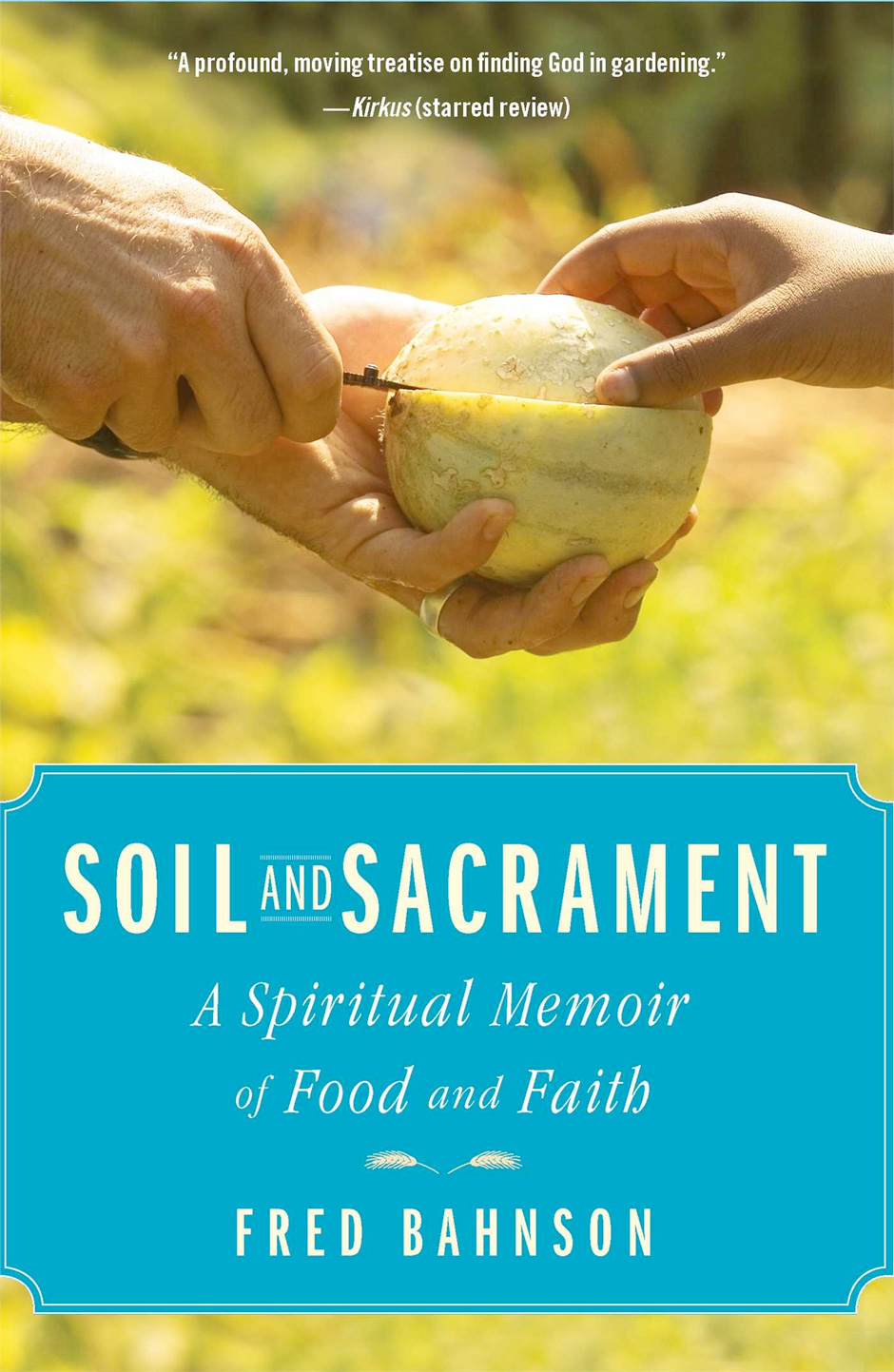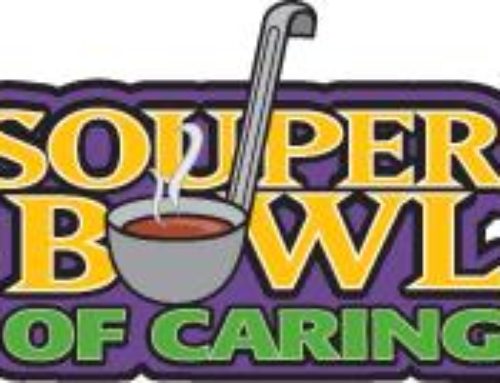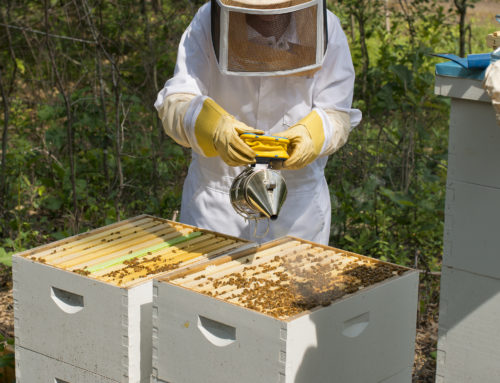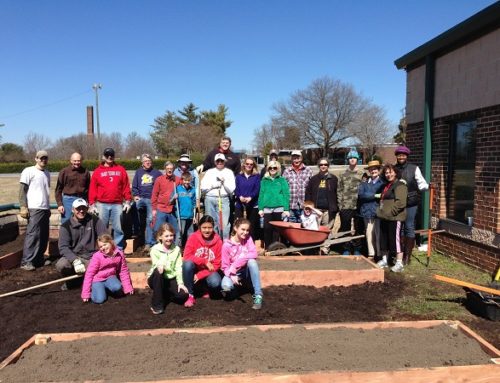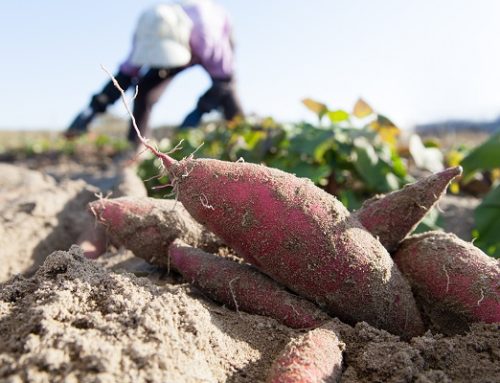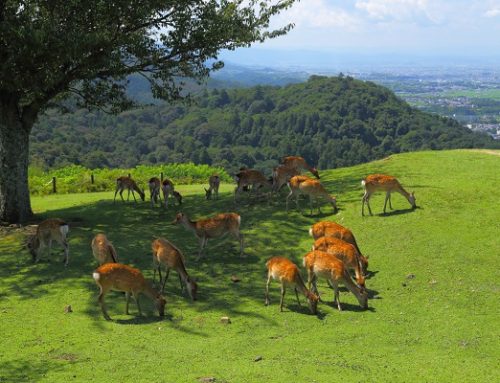“Plant gardens and eat what they produce . . . and seek the peace of the city to which you have been sent.” Jeremiah 29
Fred Bahnson has a close relationship with the land, specifically the soil and its care along with the life-affirming act of growing and sharing food. His memoir is indeed a spiritual walk that began, for him, as a member of a Christian Peacemaker Team in Chiapas, Mexico. As he partook of meals with families, learning from them the regional differences of the tortillas he ate based on where the corn was grown, he became more mindful of the food itself and the traditions of a people.
“To speak Tzotzel while eating waj (tortillas) and chenek (black beans) was to partake of an ancient and unnamed liturgy,” he writes. “I was eating my way into mystery.”
As he broke bread with others, he came to love them. As he learned more about how they cared for their land and small crops, and shared in their meals, he thought about how food was central to Jesus’s ministry.
He left Chiapas knowing he would grow food and share it with others.
His rich stories of his experiences include his time at Anathoth Garden in Cedar Grove, North Carolina, where he helped start Anathoth and was its garden manager from 2005 until 2009. To Bahnson, it seemed that “Jeremiah was the first person to link the planting of gardens with the seeking of Shalom,” hence the name.
Bahnson was led to spend time in other communities – Catholic, Protestant, Pentecostal and Jewish – across this country. His journey takes him to Mepkin Abbey in South Carolina; The Lord’s Acre in Fairview, North Carolina; Tierra Nueva in Washington; and Adamah Farm in Connecticut. He writes eloquently of the transformative power of community and food, and how sharing in both is a spiritual act.
His visit to the Skagit Valley in Washington confirmed his belief in the power of the land to heal. “Land-based ministries like New Earth Farm or Anathoth or the Lord’s Acre, small and unassuming as they are, are capable of redeeming for people . . . what has become a broken relationship with the land. There are those for whom the taste and feel of working in the soil become the means for breaking into a new life,” he writes.
On each of his visits, he introduces us to people along the way – the woman who steals watermelons from the garden, the bikers who feed the hungry, the monks who grow mushrooms, the ex-con who longs to start a garden ministry because as a child a garden was the only place he wasn’t abused.
A communal garden, he writes, breaks down barriers and categories such as “the Poor Folks, the Rich Folks, the Black Folks, the White Folks, the Illegal Alien.”
“. . . soil is a portal to another world, but I’ve since learned that it’s not just one world. Working with the soil opens us inward where we find a God eager to lavish upon us God’s mercy and compassion and love. Soil also opens us outward, where we learn to receive the fruits of this good earth, and where we also discover that ours is not the only hunger.”
This is a beautiful memoir and a valuable book for anyone who is interested in faith and food, particularly groups or congregations who have or are considering a community garden. It is not a how-to garden book, it is a how to book on how to use the garden to live and love.
Learn More
Watch Fred Bahnson Talk About Soil and Sacrament at TEDxManhattan 2013
http://videos.simonandschuster.com/fred-bahnson-discusses-soil-and-sacrament/2491204951001

